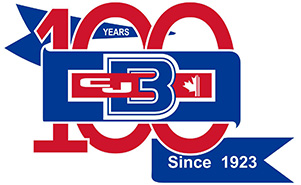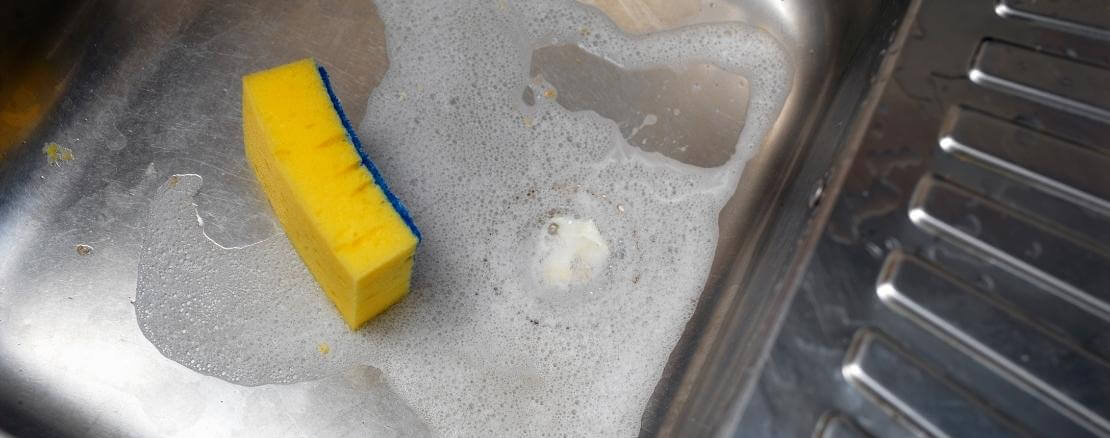Kitchen sink clogs always seem to happen at the most inconvenient times, like when you’ve got a counter full of dirty plates or your dishwasher is on the fritz. That’s why it pays to have one of the most trusted plumbing services in Waterloo, CJ Brubacher Ltd., in your contact list.
Even with a great plumber at the ready, it’s smart to stay one step ahead of these inconvenient blockages. Read on to learn about three of the most common types of clogs and how to prevent them.
Soap Scum Buildup
It’s counterintuitive to think that cleaning products cause pipe problems, but most commercial cleansers are made with fats and that’s the issue. When soapy fats mix with minerals commonly found in municipal water, they bind together and create a filmy substance that clings to pipes instead of rinsing away.
If your water is hard, it contains more of these buildup-causing minerals. Installing a water softener often alleviates the problem, but if you routinely use fatty dish soaps the issue may persist. Routinely pouring boiling water or water mixed with baking soda or ammonia down your drains helps remove scum before it develops into a full-blown clog.
Food Scrap Blockages
When you have a garbage disposal, you’re accustomed to scraping food residue from plates and pans into your sink. Unfortunately, if you don’t flush your drains properly, that food may never make it into the disposal and instead become stuck inside the curved P-trap piping beneath your sink. Although water might not back up into your basin immediately, if unpleasant odours are coming from your drain, you’ve got a blockage in the making.
To avoid such clogs, dispose of solid foods in your trash or put them on the compost pile. Avoid flushing fibrous produce like celery or pumpkin, which are notorious for wrapping around garbage disposal blades. Fine waste like coffee grounds and onion skins are also bad for your disposal, as it’s easy for the blades to miss them. Remember that anything that doesn’t pass through your disposal builds up and traps other foods, resulting in clogs. That’s why proper food disposal is key to reducing blockages.
Grease, Oil, and Fat Obstructions
As with soap scum, anything greasy or fatty going down your drains is problematic. Liquid fats congregate in the nooks and crannies of pipes, where they bind with the above-mentioned minerals or congeal and harden on their own. Masses of fat glom onto any number of other items that pass through your drains, and before you know it you’ve got a clog on your hands.
Never put cooking oils down the drain. Instead, pour cooled grease into empty cans or containers, set them into the fridge to solidify, and then toss them in the trash. Another option is to mix oils with flour, sand, or cat litter before throwing them away. Even mopping grease with paper towels is better than letting it go down your drain and clog your pipes.
CJ Brubacher Is Here To Help
Knowing what causes clogs and how to prevent them will help you keep your pipes in great shape, but the best care in the world won’t stave off every blockage. When your sink is backed up, it’s time to bring in an expert in residential plumbing services like CJ Brubacher Ltd.
Call the experts at CJ Brubacher when your drains are plugged, or anytime you need the very best in plumbing, heating, and air conditioning care in the Waterloo area. With an A+ rating by the Better Business Bureau and around-the-clock service, we’re the right choice when it comes to unclogging your pipes!

